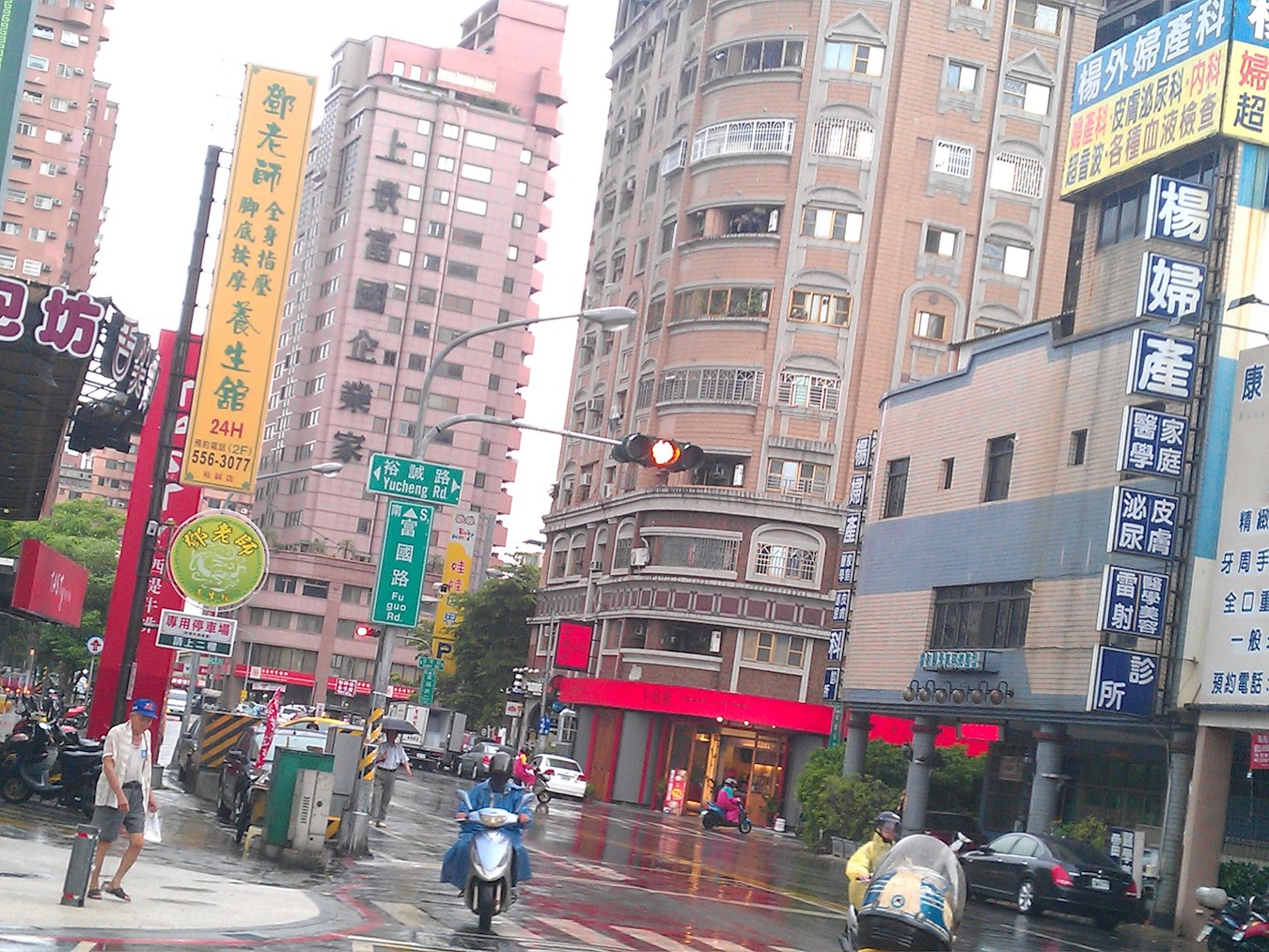by Brian Hioe
語言:
English
Photo Credit: Yu-Cain, Wu/WikiCommons/CC
THERE HAVE BEEN calls to take measures against drunk driving after a series of DUI incidents in the last few months. This includes proposals in the Legislative Yuan to publicize the names and photos of repeat drunk drivers.
Namely, an incident last month in Kaohsiung on December 26th has provoked a popular outcry. A 38-year-old man surnamed Huang driving a BMW swerved into a family of four while drunk. The mother of the family, surnamed Fan, was killed after experiencing a cardiac arrest, and was pronounced dead at the hospital. The other three family members were injured.
The father, surnamed Lin, suffered fractures to his pelvis and limbs, while the older daughter suffered fractures to her face and dislodged teeth. The younger experienced intracranial hemorrhaging and other head injuries. Initially, of the surviving family members, only the elder daughter’s condition was stable.
News of the mother’s death was kept from the other family members, in light of their condition, until they stabilized. Lin’s mother cited concerns regarding the ability of the family to pay medical bills. As a result, the Kaohsiung Social Affairs Bureau set up a fund for members of the public to donate. There have been over 88 donations, totaling over 300,000 NT to date.
Particularly enraging of the public was that Huang had three previous drunk driving violations. The prior two violations date from 2006 and 2009 and also involved accidents, though there were no injuries. Charges faced by Huang did not prevent the incident from taking place, however. As such, there have been calls to strengthen penalties against drunk driving, along with criticisms of the government for not doing enough to prevent drunk driving.
 Photo credit: Xy1904312/WikiCommons/CC
Photo credit: Xy1904312/WikiCommons/CC
Family members of the victims have also been among those critical of the government. To this extent, the pan-Blue TPP has also sought to leverage on the matter to attack the Tsai administration, citing that the cities with the highest number of fatalities for drunk driving have DPP mayors.
The TPP has also called for ignition interlock devices to be placed on vehicles of drunk driving offenders, which will only unlock using breath tests, to show that the driver is not under the influence of alcohol. For its part, transportation ministry officials have expressed hesitation about the idea, given its lack of international adoption. Similarly, judicial officials have expressed hesitation that seizing the vehicles of drunk drivers would deter them from drunk driving, since they could borrow or rent other vehicles.
More broadly, the Tsai administration has emphasized that measures will be strengthened to deter drunk driving. A draft amendment proposed by the Ministry of Transportation and Communications would amend the Road Traffic Management and Penalty Act so that individuals that drunk drive ten years up after their first offense would be listed as repeat offenders. This is an increase from current laws that stipulate a window of five years in which drivers are classified as repeat offenders. And, as mentioned, there are proposals to publicize the names and photos of repeat offenders.
Passengers would face fines, too. Fines for penalties for passengers would be increased by five times, from current penalties between 600 NT and 3,000 NT to between 3,000 NT and 15,000 NT.
To this extent, the Ministry of Justice also stated that it would make the process to review drunk drivers being allowed to pay a fine or be released on parole more stringent. The Ministry of Justice stated that drunk drivers being allowed to be released in return for paying a fine was insufficient to deter drunk driving.
On the other hand, there have been fewer calls for stronger intervention programs, so as to ensure that drunk drivers do not continue to commit offenses. Statistics show that 88.2% of those caught drunk driving within ten years have an alcohol addiction. Strengthening penalties may not be enough to deter drunk driving, in this sense. Yet, overall, calls for social intervention or treating drunk driving as an issue of rehabilitation are relatively rare. Instead, there are calls for increasing punishment or rolling out measures to publicly shame drunk drivers.
Indeed, as with the public response to other violent incidents, it is far more common in Taiwan for individuals to call for increasing penalties, with the view that this will deter offenders. With the Tsai administration in power, the KMT has sought to leverage on these incidents to claim that the Tsai administration has caused this to happen by, for example, being unwilling to use the death penalty against criminal offenders. Discourse regarding drunk driving has been framed in similar terms after the incident last month.

